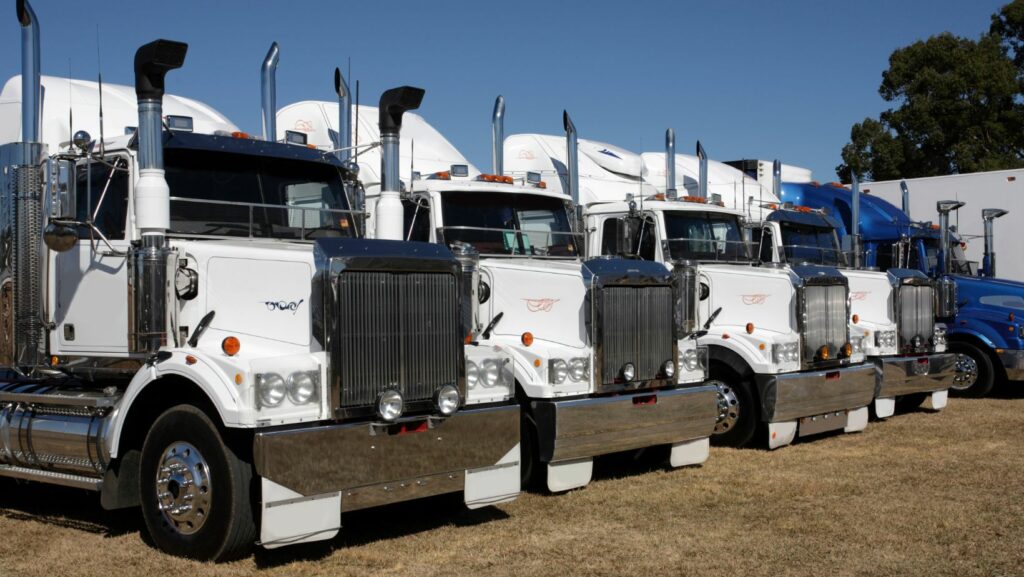In the hustle and bustle of modern life, ride-sharing apps like Uber have become a go-to solution for many. But when it comes to reserving an Uber in advance, does it really cost more? That’s a question that’s been on the minds of many frequent riders.
So, buckle up as we take a deep dive into the world of Uber pricing.
Overview of Uber’s Reservation Feature

Uber’s Reservation feature provides a unique service for those needing a ride scheduled in advance. This article section further unravels what this feature entails and how it compares to on-demand ride costs.
Uber Reserve, unveiled by Uber, gets designed for customers who prefer planning ahead. Unlike the standard on-demand model, it lets users schedule a ride up to 30 days in advance.
Cost Comparison: On-Demand vs. Reserved Rides
Many customers may wonder: “Does reserving an Uber cost more?” It seems logical to presume that advanced booking comes with additional costs. However, the reality is that Uber fares for reserved rides aren’t necessarily more expensive. The pricing depends on several variables such as time, distance, and demand.

At times of high demand, reserved rides can potentially be cheaper as they avoid surge pricing. Conversely, during the off-peak hours, there might not be a significant difference between the costs of reserved and on-demand rides. Users’ unique situations and needs ultimately dictate the cost effectiveness of Uber Reserve.
For an accurate cost comparison, riders are advised to check the estimated fares of both on-demand and reserved rides at the desired time. This will provide a clearer, personalized idea about whether reserving an Uber will cost more.
Does Reserving An Uber Cost More
Several variables can influence the cost of reserved Uber rides. It’s crucial to delve into these details to establish if reserving an Uber ultimately costs more.
Peak and Off-Peak Pricing
Peak and off-peak hours play a significant role in Uber pricing. During peak times, when demand for rides often exceeds the number of available drivers, the cost can increase. For example, reserving a ride during rush hour traffic or late at night can inflate the cost. It’s key to note that these price surges apply to both on-demand and reserved rides.
Location and Demand

Uber’s dynamic fare algorithm considers location and demand as primary factors. Areas with high demand and low supply of drivers often face higher prices. Think of busy commercial districts or popular nightlife spots on a Saturday night. This impact is felt whether one reserves a ride in advance or orders an on-demand Uber.
Certain extra fees may impact the overall cost of a reserved Uber ride. Consider toll charges, airport fees, or charges associated with a specific location, which apply whether a user reserves a ride or requests a ride instantly. These fees get added to the overall fare, inevitably raising the cost of the ride.
Comparing Cost Efficiency
Reserving Uber in advance offers multiple benefits, derived from the surety of securing a ride. For starters, early bookings ensure guaranteed availability, creating peace of mind for passengers who value punctuality – especially crucial in cases of airport transfers, or important appointments. Passengers can feel relaxed, knowing that their ride is confirmed irrespective of possible high-demand situations.
Additionally, surge pricing, which is Uber’s dynamic pricing model that varies with demand fluctuations, won’t hinder your travel plans if your ride is booked well ahead. In peak hours, when ride costs spike due to high demand, reserve travelers are unaffected. However, this reservation feature doesn’t shelter passengers from any extra charges, such as toll fees or airport surcharges, applicable on their routes.
While advance booking carries definite advantages, some scenarios lean towards reserving an Uber potentially costing more. Reserve pricing is pegged to the expected conditions at the expected pick-up time — which includes potential surges in demand. Hence, a reservation made during expected peak hours could be more expensive than an instantaneous request during off-peak hours.



